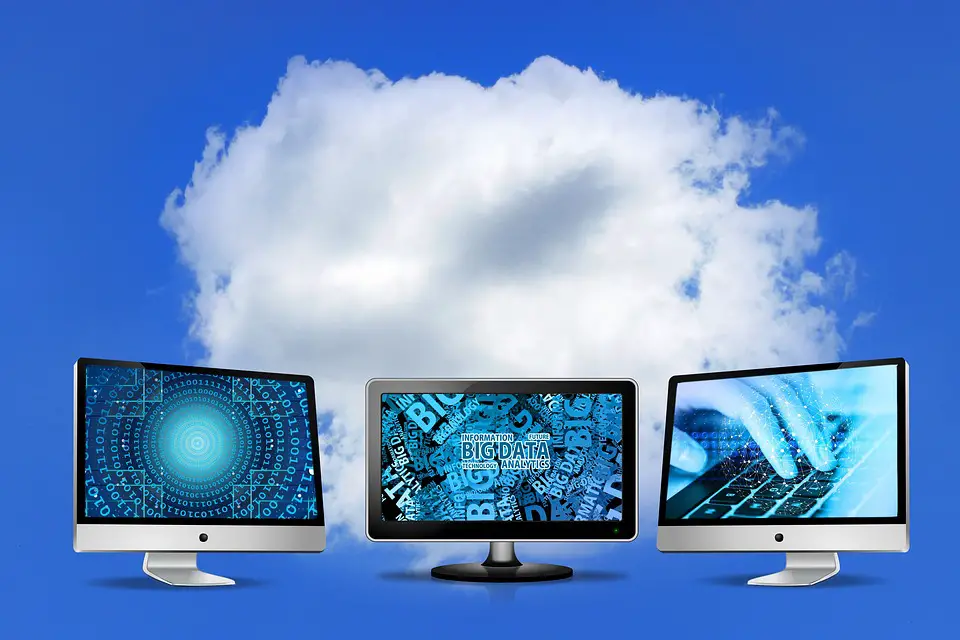The Future of Finance: Smart Contracts and the Rise of Decentralized Economy
The world of finance is undergoing a significant transformation, driven by the advent of blockchain technology and smart contracts. This revolution is poised to disrupt traditional financial systems, paving the way for a decentralized economy that is more transparent, secure, and accessible. In this article, we will explore the concept of smart contracts, their applications, and the potential impact on the future of finance.
What are Smart Contracts?
Smart contracts are self-executing contracts with the terms of the agreement written directly into lines of code. They are stored and replicated on a blockchain, a decentralized and distributed ledger technology that ensures the integrity and transparency of the contract. Smart contracts allow for the automation of various financial processes, such as the transfer of assets, the execution of payments, and the enforcement of rules and regulations.
How do Smart Contracts Work?
Smart contracts work by using a set of predefined rules and conditions that are programmed into the contract. When these conditions are met, the contract is automatically executed, and the terms of the agreement are enforced. For example, a smart contract can be used to facilitate a real estate transaction, where the contract is programmed to transfer ownership of a property once the payment is made and the necessary documents are signed.
Applications of Smart Contracts
Smart contracts have a wide range of applications in various industries, including:
- Supply Chain Management: Smart contracts can be used to track the movement of goods, verify the authenticity of products, and automate payments.
- Real Estate: Smart contracts can be used to facilitate property transactions, manage rental agreements, and handle property disputes.
- Insurance: Smart contracts can be used to automate claims processing, verify policyholder information, and facilitate payments.
- Healthcare: Smart contracts can be used to manage patient data, automate billing and insurance claims, and facilitate medical research.
The Rise of Decentralized Economy
The emergence of smart contracts and blockchain technology has given rise to a decentralized economy, where individuals and organizations can interact and transact without the need for intermediaries. This decentralized economy is characterized by:
- Decentralized Governance: Decision-making is distributed among network participants, rather than being controlled by a central authority.
- Transparency: All transactions are recorded on a public ledger, ensuring that all parties have access to the same information.
- Security: The use of cryptography and blockchain technology ensures that transactions are secure and tamper-proof.
- Autonomy: Individuals and organizations have greater control over their financial transactions and data.
Benefits of Decentralized Economy
The decentralized economy offers several benefits, including:
- Increased Efficiency: The automation of financial processes reduces the need for intermediaries, making transactions faster and more efficient.
- Reduced Costs: The elimination of intermediaries reduces transaction costs, making financial services more accessible to a wider range of people.
- Improved Transparency: The use of blockchain technology ensures that all transactions are transparent and tamper-proof, reducing the risk of corruption and fraud.
- Greater Accessibility: The decentralized economy provides greater access to financial services, particularly for underserved communities and individuals.
Challenges and Limitations
While the decentralized economy offers many benefits, there are also several challenges and limitations to consider, including:
- Regulatory Uncertainty: The regulatory environment for decentralized economies is still evolving, and there is a lack of clear guidelines and standards.
- Scalability: The scalability of blockchain technology is still a major challenge, limiting the widespread adoption of decentralized economies.
- Security Risks: The use of blockchain technology and smart contracts is not without security risks, including the risk of hacking and cyber attacks.
- Adoption: The adoption of decentralized economies requires a significant change in behavior and mindset, particularly among individuals and organizations who are accustomed to traditional financial systems.
Conclusion
The future of finance is decentralized, and smart contracts are at the forefront of this revolution. The use of blockchain technology and smart contracts has the potential to transform traditional financial systems, making them more transparent, secure, and accessible. While there are challenges and limitations to consider, the benefits of a decentralized economy are clear. As the technology continues to evolve and mature, we can expect to see widespread adoption of decentralized economies, leading to a more efficient, secure, and accessible financial system for all.

